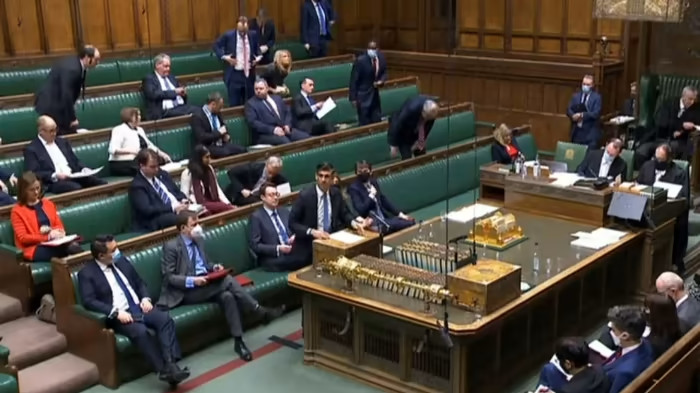How to make parliament representative

Roula Khalaf, Editor of the FT, selects her favourite stories in this weekly newsletter.
Abim Tayo from Haberdashers’ Boys’ School has won the annual FT Schools student competition run in association with the Political Studies Association and the Association for Citizenship Teaching.
The judges picked his entry from a strong group of submissions in answer to the question: “The UK Parliament doesn’t look or sound like the rest of the country: should this change and, if so, how?”
His blog, published in full on the Political Studies Association website, argued: “Parliament is adamant that [its] purpose is ‘to represent our interests and make sure they are taken into account by the government.’ Yet the word ‘our’ feels out of place when it is clear the majority of Parliament is white, male, and privately educated.”
He praised New Zealand’s system of voluntary political party quotas to help increase diversity, but stressed that reform would require changes to both the way in which local constituencies select prospective MPs and tackling underlying structural factors such as schooling.
“Parliament has come a long way since 1215, going from representing the interests of wealthy barons to this idea of ‘us’. However, there is still much work to be done to have a government that truly “represent[s] our interests,” he wrote.
Scarlett Phillips from Park Hall Academy was one of two runners up, for her blog, which highlighted a “class and gender divide” in parliament and the absence of trans representation. She also called for structural reforms with “open communication and ambassadors for under-represented groups,” adding: “Without . . . acceptance, an acknowledgment of the contrasts between parliament and reality, change will not occur.”
The other runner up, Rahul Mathur from University College School, explored mandatory alignment of MPs with the ethnic mix and geographical variety of the UK, but cautioned: “Change is most definitely necessary however extreme enforceable measures must not be taken since societal shifts should naturally result in a more diverse and representative Parliament.”
Other entrants explored ideas including decentralising parliamentary decision-making from parliament, abolishing the House of Commons and finding ways to tackle rule-breaking and the instability of MPs’ careers to motivate more young people to engage.
Comments